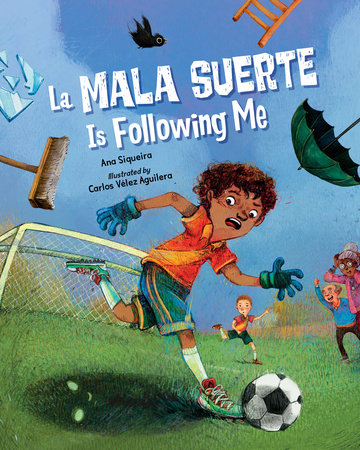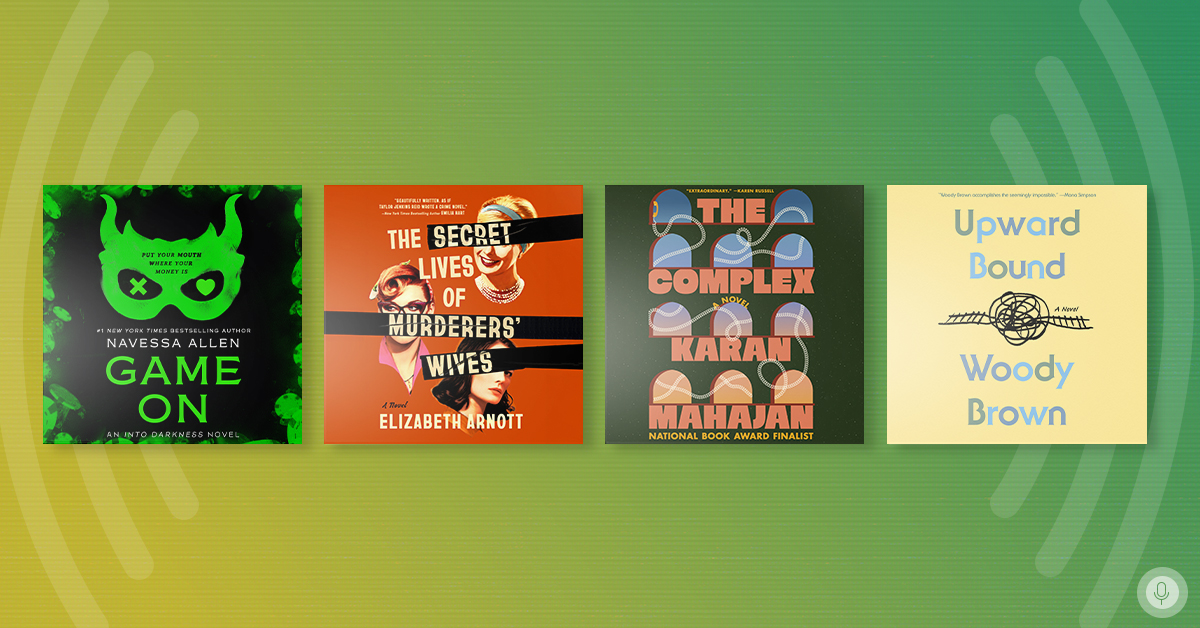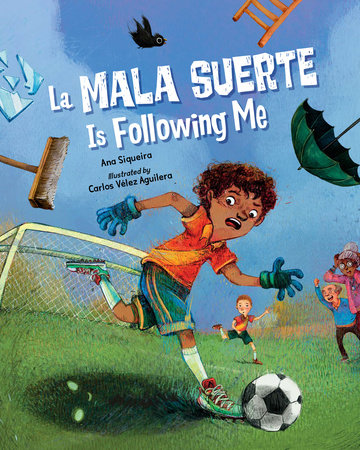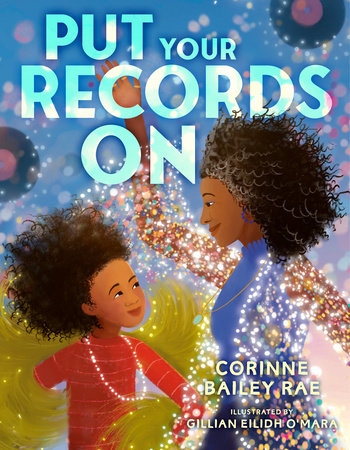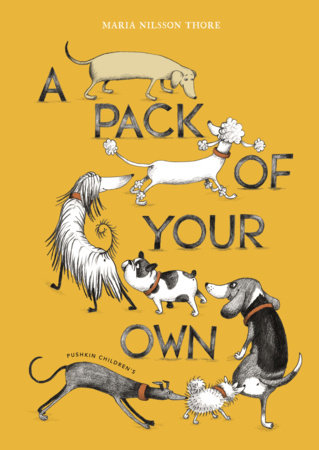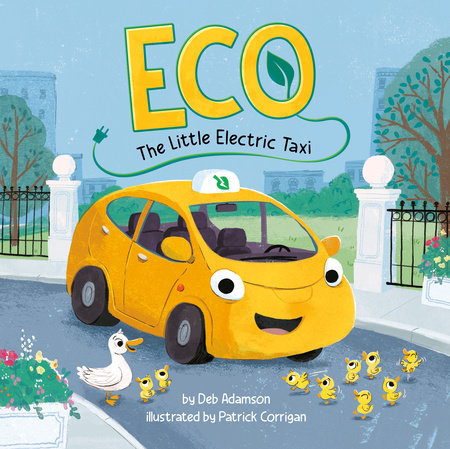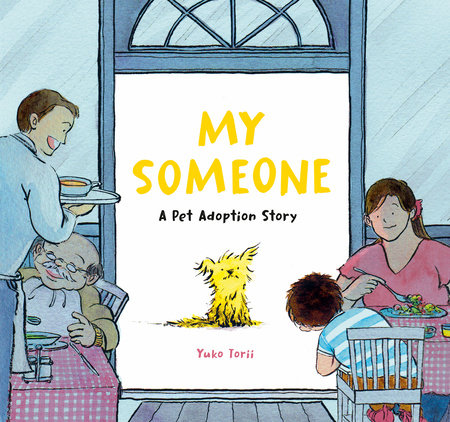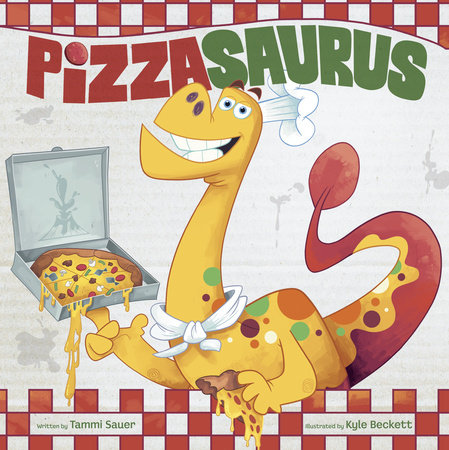Misfortune follows when La Mala Suerte comes into Miguel’s life.
Once the “luckiest boy in town,” Miguel invites La Mala Suerte by opening his umbrella inside the house. Abuelita cautions Miguel that Mrs. Bad Luck—cheekily depicted here as a grinning shadow—is “invisible and follows you wherever you go.” The young soccer player brushes off her warning but subsequently slips and falls as he attempts to outrun his bad luck. Uh-oh. And at school, La Mala Suerte trips him up during a math exam and fútbol practice. ¡Ay, no! Miguel tries everything to get rid of his bad luck before his upcoming soccer tournament, including sweeping away the bad luck, seeking a four-leaf clover, and using his tía’s “existential” oils. Nothing works until Mami encourages him to make his own luck. Can it really be that easy? Written in first person from Miguel’s perspective, Siqueira’s humorous take on superstitions balances zaniness and sincerity with ease, complemented by Aguilera’s vibrant, expressive artwork. The text incorporates Spanish words throughout. An appendix on common superstitions and their origins in different countries provides intriguing background information, with a brief activity and research prompt. Miguel and his family are brown-skinned and Latine, while secondary characters are racially diverse.
Good, clean superstitious fun.
—Kirkus Reviews
This charming story introduces young readers to the concept of superstitions in a lighthearted and positive way. When Miguel’s abuela mentions that his opening up an umbrella inside the house will bring La Mala Suerte into his life, Miguel starts to sense bad luck creeping into all of his actions and decisions. Aguilera’s illustrations of La Mala Suerte herself as an ominous black cloud out to get Miguel provides readers with a tangible depiction of this idea, and the otherwise gorgeous, color-filled panels breathe life and movement into Miguel’s vibrant energy. When Miguel’s mother insists that he makes his own luck, Miguel decides to take matters into his own hands and turn his topsy-turvy week right side up again, acing his examen and excelling at his fútbol game. From the cleverly and consistently implemented Spanglish storytelling to the glossary of Spanish terms at the back of the book, along with some additional resources on international superstitions, this book will help dispel readers’ worries and help them be inspired by Miguel’s new proactive path in life.
—Booklist
A soccer star finds himself burdened by a streak of bad luck. “Mi vida es perfecta,” Miguel declares, until he makes the mistake of opening an umbrella indoors. His superstitious abuela, holding an evil-eye charm, warns his action will invite La Mala Suerte, “bad luck.” Miguel is overconfident and skeptical, until he trips, fails a test, and can’t manage to block any of his teammate’s goals during soccer practice. Defeated, the boy tries every remedy he can think of, from sweeping coarse salt out of the house, to searching for four-leaf clovers, and dousing himself in essential oils. Finally, his mother provides perspective, advising him to make his own luck. From there, Miguel vows to walk carefully to avoid falls, study for an upcoming exam in advance, and practice more ahead of his tournament. The digital illustrations portray La Mala Suerte as a smirking shadow, pooling under doorways or hiding behind bushes. The images depict Miguel’s emotions through his confidence crisis. Back matter includes a “More About Superstitions” section that lists common superstitions and origins in countries around the world (many of which are incorporated in the story) and activity suggestions. Miguel has tan skin, and Spanish words are sprinkled throughout. VERDICT A humorous and unique discussion starter for similar superstitions and a worthy addition to picture book collections.
—School Library Journal
